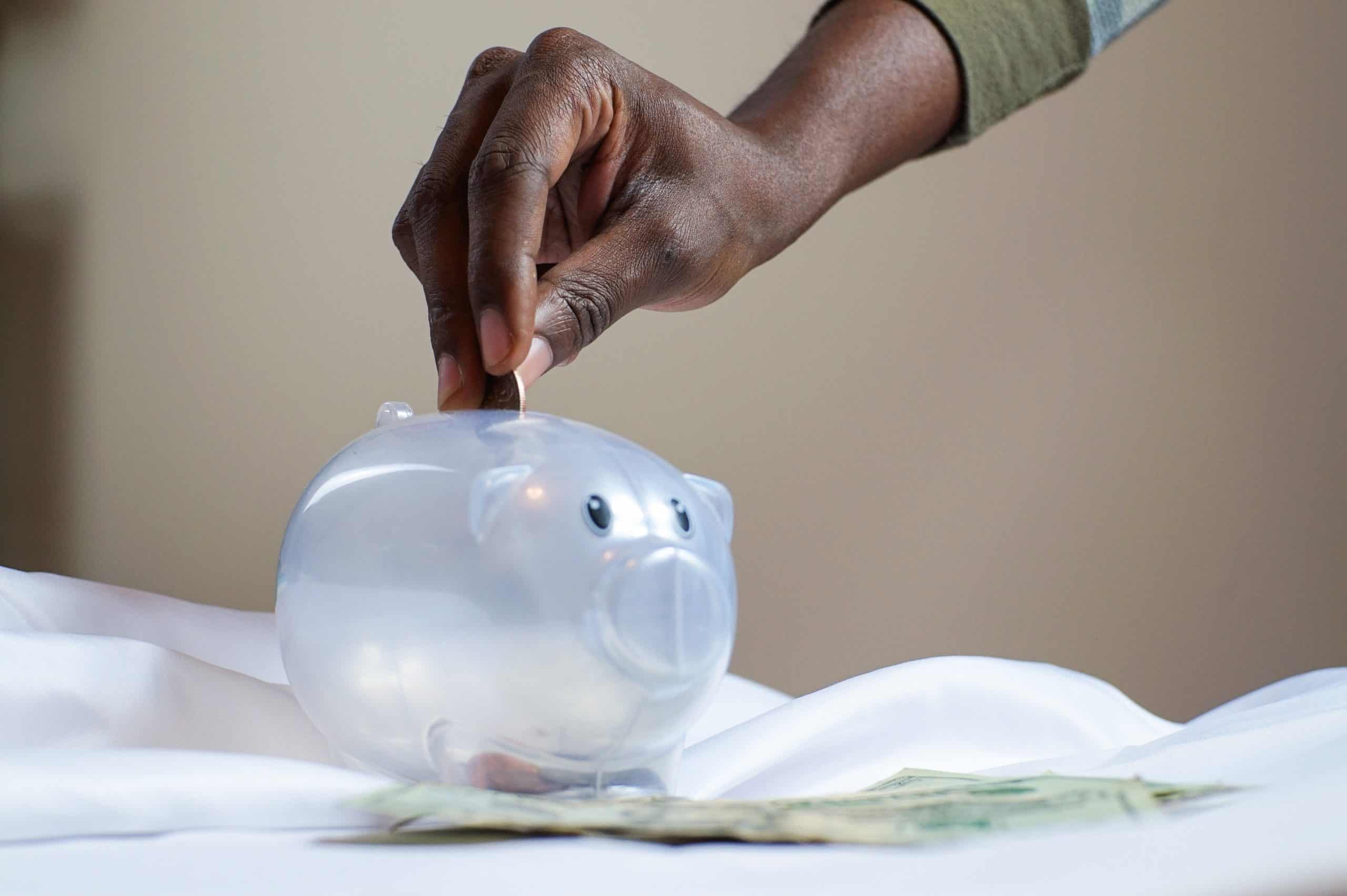Budgeting is a critical skill in the best of times. It’s foundational to the financial health that ensures there’s enough money for household bills, savings, and the occasional treat. For families across the globe right now, it will now be especially important, and the learning curve may be steep. On the plus side, money skills gained now will be useful long after the current crisis. Here are a few:
There’s an app for that
My millennial kids turned me on to budgeting apps; I was impressed by how much it improved their financial literacy and discipline. They explained that because there are lots available, it’s important to read reviews to see which ones have the features you want. Many sync up with bank accounts in real time, and some will put money into savings or investments for you, making them an excellent way to slowly and steadily build savings for a big purchase or rainy day. Lots are free.
Need versus want
Okay, you need a car. But it doesn’t have to be a brand new car, and it doesn’t have to have all the bells and whistles, does it? The same goes for housing. Décor magazines and media want you to think that your home has to be picture-perfect, but it’s far more important to be able to keep it as a long-term investment. That’s why it’s a good idea to take a mortgage stress test to figure out whether you can really afford to sign on the dotted line.
What really matters?
It would be nice to have an annual family vacation, dine out a few times a week, and indulge in luxuries on the slightest whim. But unless you’re rolling in cash, that’s unrealistic. So set priorities. One way is to have regular family budget meetings; they can be a good planning tool and give you valuable insight into what’s important to family members.
Look to the future
The older you get, the faster times seems to fly. That’s why it’s important to plan ahead for a comfortable retirement scenario. Too soon, you say? Honestly, only if you under 21:)
Scrutinize subscriptions
Do you really need that monthly beauty box? All those streaming platforms? We didn’t think so. Cut back to one or two essentials.
If it’s not on the list, resist!
Mental health experts increasingly cite mindfulness as a way to influence behaviour. Apply it your shopping.
It’s about what you keep, not how much you earn
Some of the best advice my father ever gave me was this: “If you make $1 and spend $2, you’ll always be poor. If you make $1 and spend 50 cents, you’ll always be rich.” Consider that as you think about which of these tips you can incorporate into your own lifestyle.
NOTE TO READERS: This is a collaborative post. It was neither reviewed or approved by clients prior to publication.




